Fun Fact Of The Day

Fun fact of the day
More Posts from Outofambit and Others
remus would have been so good at finding loopholes for the marauders to slip through like i mean as a prefect he would have had to know all of them to an extent and i can just see sirius hopping onto his bed like “hey moony can we do this thing without technically breaking any rules” and remus would be like well no but you could do this and then guess who doesnt have detention despite the fact that all anyone at the slytherin table has had for dinner the past four days is haggis
I just realized that the first antagonist Kit and Nita faced together was a helicopter parent.

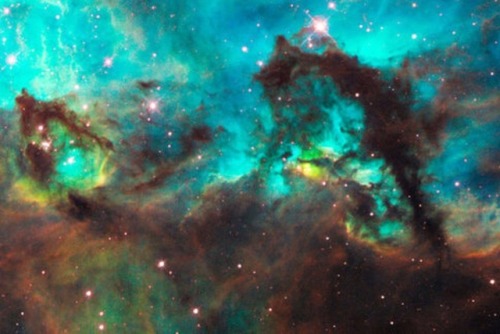
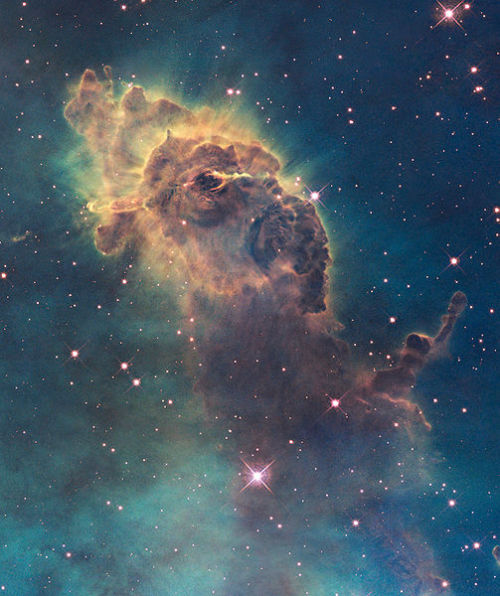


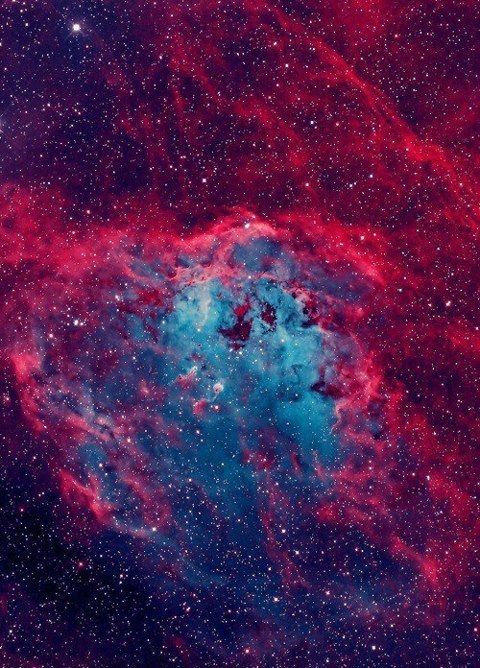




Rónán (anglicized Ronan) is an Irish language male given namemeaning “little seal” (Rón meaning “seal”, and -án being a diminutive suffix). It may refer to: Legend tells of a seal who is warned never to stray too close to the land.
Powers help me I didn’t know his name meANT PRECIOUS BABBY SEAL
AAAAAAAHHHH
AAAAAHH
RONAN SO CUTE
AND THE WINGED DEFENDER WAS STUCK INTO BABY SEAL BOY
What is an Ocean but a Multitude of Drops?
I’ve been pondering the recurring notion in Young Wizards—introduced in the first book—that “even…unmagical-seeming actions” have importance in the fight against entropy. Whether it’s turning the lights off when one leaves a room, having a kind word for someone in need of encouragement, or just using the bus for transport to an alien mall crawl (“Wizards are supposed to use public transport—it’s ecologically sound!”), these little choices are no less important than galaxy-spanning fights with the Lone Power. And indeed, it’s often the little things—like Nita’s space pen or Ponch’s squirrels—that make the big victories possible.
It’s a concept that recurs in several of my other favorite works of fiction, as well. Rory’s father, Brian, from the most recent season of Doctor Who springs immediately to mind. A down-to-earth sort, Brian spends his screentime changing lightbulbs, carefully watching alien artifacts for days on end, and throwing golf balls for nearby dinosaurs to play fetch with. Unlike most of the Doctor’s associates, he doesn’t progress from these humble beginnings into something “remarkable”—he never becomes immortal or the Bad Wolf or anything like that. But instead, his very mundane habits are exactly what’s needed to save the world on multiple occasions. And when the Doctor offers to let him travel across time and space full-time, his response is simply, “Somebody’s got to water the plants.”
I bring this up because it’s a rather uncommon line of thought, on the whole. Far more common is the desire to change oneself, to journey forth from humble origins and grow into something great, to leave a mark on the world. But examples like the ones I mentioned above suggest that perhaps we’re not on the way to doing something remarkable—we already are, from one day to the next.
In the final lines of Cloud Atlas, both the book and the film (I heartily recommend either, incidentally), one of the protagonists ponders the notion that his efforts to change the world only amount to “a single drop in a limitless ocean.”
"But what is an ocean," he concludes, "but a multitude of drops?"
The same, I think, applies to all of us. We may not all be heroes or luminaries who command the destinies of millions, but within the smaller confines of our individual lives, every choice we embark upon makes a difference. And ultimately, the whole of human history is comprised of nothing else but people making decisions, many of them seemingly unimportant, one day at a time. Taken all together, though, it adds up to something remarkable. No man is an island, and every rock idly tossed into a pond produces ripples.
It’s both encouraging and terrifying to think about.
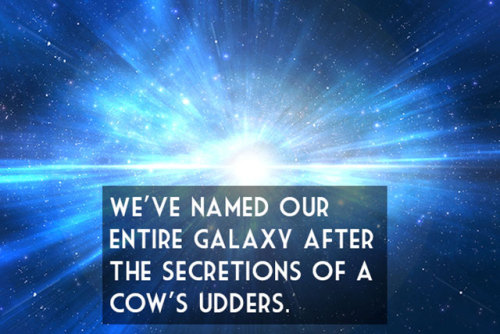
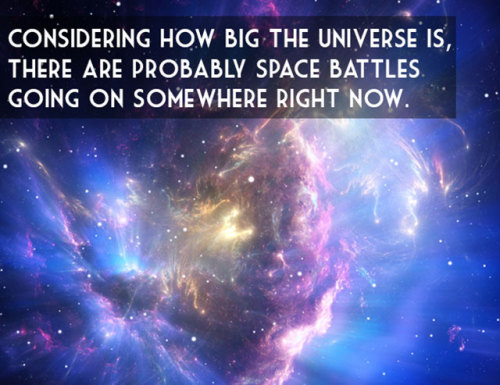
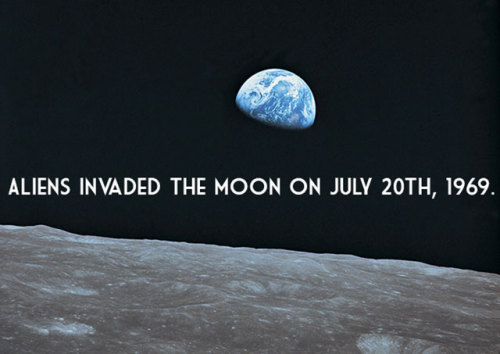


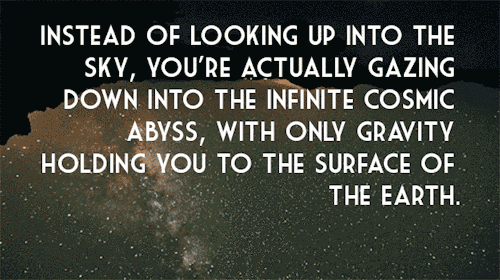
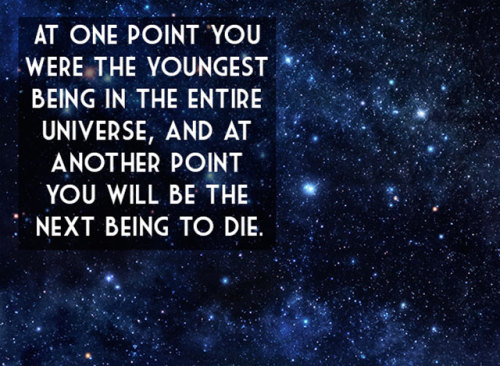

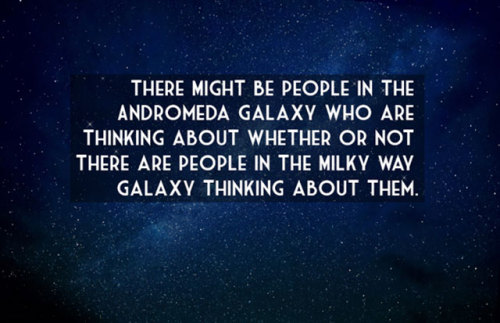
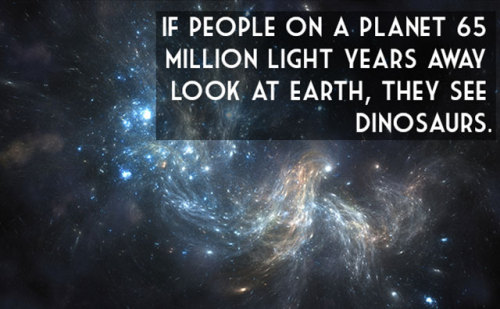
Thoughts that will change the way you think about the universe and your existence
Selections from Tallmadge Doyle’s ethereal Celestial Mapping Series








Sharks may not be as solitary as originally thought. Researchers have discovered the fish congregating and interacting with others of their own species in ways that suggest they have long-lasting friendships.
PHOTOGRAPH BY TANYA HOUPPERMANS
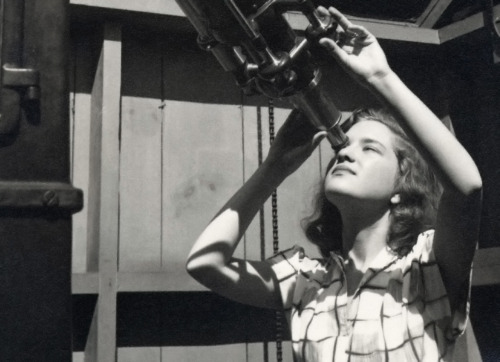
Vera Rubin (b. 1928)
When Vera Cooper Rubin told her high school physics teacher that she’d been accepted to Vassar, he said, “That’s great. As long as you stay away from science, it should be okay.”
Rubin graduated Phi Beta Kappa in 1948, the only astronomy major in her class at Vassar, and went on to receive her master’s from Cornell in 1950 (after being turned away by Princeton because they did not allow women in their astronomy program) and her Ph.D. from Georgetown in 1954. Now a senior researcher at the Carnegie Institute’s Department of Terrestrial Magnetism, Rubin is credited with proving the existence of “dark matter,” or nonluminous mass, and forever altering our notions of the universe. She did so by gathering irrefutable evidence to persuade the astronomical community that galaxies spin at a faster speed than Newton’s Universal Law of Gravitation allows. As a result of this finding, astronomers conceded that the universe must be filled with more material than they can see.
Rubin made a name for herself not only as an astronomer but also as a woman pioneer; she fought through severe criticisms of her work to eventually be elected to the National Academy of Sciences (at the time, only three women astronomers were members) and to win the highest American award in science, the National Medal of Science. Her master’s thesis, presented to a 1950 meeting of the American Astronomical Society, met with severe criticism, and her doctoral thesis was essentially ignored, though her conclusions were later validated. “Fame is fleeting,” Rubin said when she was elected to the National Academy of Sciences. “My numbers mean more to me than my name. If astronomers are still using my data years from now, that’s my greatest compliment.”
Sources:
1. http://innovators.vassar.edu/innovator.html?id=68; http://science.vassar.edu/women/
2. http://dspace.mit.edu/handle/1721.1/45424
-
 sunnndmoon liked this · 1 week ago
sunnndmoon liked this · 1 week ago -
 everydayiseaster reblogged this · 1 week ago
everydayiseaster reblogged this · 1 week ago -
 misti-step reblogged this · 1 week ago
misti-step reblogged this · 1 week ago -
 cholenn liked this · 1 week ago
cholenn liked this · 1 week ago -
 artbysusangarcia liked this · 1 week ago
artbysusangarcia liked this · 1 week ago -
 birbert liked this · 1 week ago
birbert liked this · 1 week ago -
 creaturebeeing liked this · 1 week ago
creaturebeeing liked this · 1 week ago -
 jake-and-amy-are-married reblogged this · 1 week ago
jake-and-amy-are-married reblogged this · 1 week ago -
 very-awkward liked this · 1 week ago
very-awkward liked this · 1 week ago -
 zinaanqar16 liked this · 1 week ago
zinaanqar16 liked this · 1 week ago -
 raccooninthewoods reblogged this · 1 week ago
raccooninthewoods reblogged this · 1 week ago -
 br0kencl0ck liked this · 1 week ago
br0kencl0ck liked this · 1 week ago -
 clotheslinesoverwater liked this · 1 week ago
clotheslinesoverwater liked this · 1 week ago -
 magicturtle liked this · 1 week ago
magicturtle liked this · 1 week ago -
 sunnyaxe liked this · 1 week ago
sunnyaxe liked this · 1 week ago -
 iactuallydohaveadhd reblogged this · 1 week ago
iactuallydohaveadhd reblogged this · 1 week ago -
 iactuallydohaveadhd liked this · 1 week ago
iactuallydohaveadhd liked this · 1 week ago -
 thickfreakness77 liked this · 1 week ago
thickfreakness77 liked this · 1 week ago -
 smiley liked this · 1 week ago
smiley liked this · 1 week ago -
 cowardlypenis reblogged this · 1 week ago
cowardlypenis reblogged this · 1 week ago -
 oldfatwarlock reblogged this · 1 week ago
oldfatwarlock reblogged this · 1 week ago -
 nucking-futts liked this · 1 week ago
nucking-futts liked this · 1 week ago -
 cloudpinekey liked this · 1 week ago
cloudpinekey liked this · 1 week ago -
 cloudpinekey reblogged this · 1 week ago
cloudpinekey reblogged this · 1 week ago -
 rec-rewind liked this · 1 week ago
rec-rewind liked this · 1 week ago -
 fj0rge liked this · 1 week ago
fj0rge liked this · 1 week ago -
 jagtarbal94 liked this · 1 week ago
jagtarbal94 liked this · 1 week ago -
 strays-cemetery liked this · 1 week ago
strays-cemetery liked this · 1 week ago -
 jamejest reblogged this · 1 week ago
jamejest reblogged this · 1 week ago -
 honorarycassowary reblogged this · 1 week ago
honorarycassowary reblogged this · 1 week ago -
 orion-scorpio liked this · 1 week ago
orion-scorpio liked this · 1 week ago -
 adaptablemercury reblogged this · 1 week ago
adaptablemercury reblogged this · 1 week ago -
 sixbucks liked this · 1 week ago
sixbucks liked this · 1 week ago -
 somanytoremember liked this · 1 week ago
somanytoremember liked this · 1 week ago -
 porefs reblogged this · 1 week ago
porefs reblogged this · 1 week ago -
 justsayin59 reblogged this · 1 week ago
justsayin59 reblogged this · 1 week ago -
 justsayin59 liked this · 1 week ago
justsayin59 liked this · 1 week ago -
 posttexasstressdisorder reblogged this · 1 week ago
posttexasstressdisorder reblogged this · 1 week ago -
 shtrbger reblogged this · 1 week ago
shtrbger reblogged this · 1 week ago -
 an-exhausted-individual liked this · 1 week ago
an-exhausted-individual liked this · 1 week ago -
 lilliephoenix reblogged this · 1 week ago
lilliephoenix reblogged this · 1 week ago -
 velisee reblogged this · 1 week ago
velisee reblogged this · 1 week ago -
 popcornatmidnight liked this · 1 week ago
popcornatmidnight liked this · 1 week ago -
 cr33pysp00kytr33s liked this · 1 week ago
cr33pysp00kytr33s liked this · 1 week ago -
 pinkblazeplace liked this · 1 week ago
pinkblazeplace liked this · 1 week ago -
 vampyriix liked this · 1 week ago
vampyriix liked this · 1 week ago -
 jimsquare liked this · 1 week ago
jimsquare liked this · 1 week ago -
 drsantosgf reblogged this · 1 week ago
drsantosgf reblogged this · 1 week ago -
 drsantosgf liked this · 1 week ago
drsantosgf liked this · 1 week ago
A personal temporospatial claudication for Young Wizards fandom-related posts and general space nonsense.
288 posts
